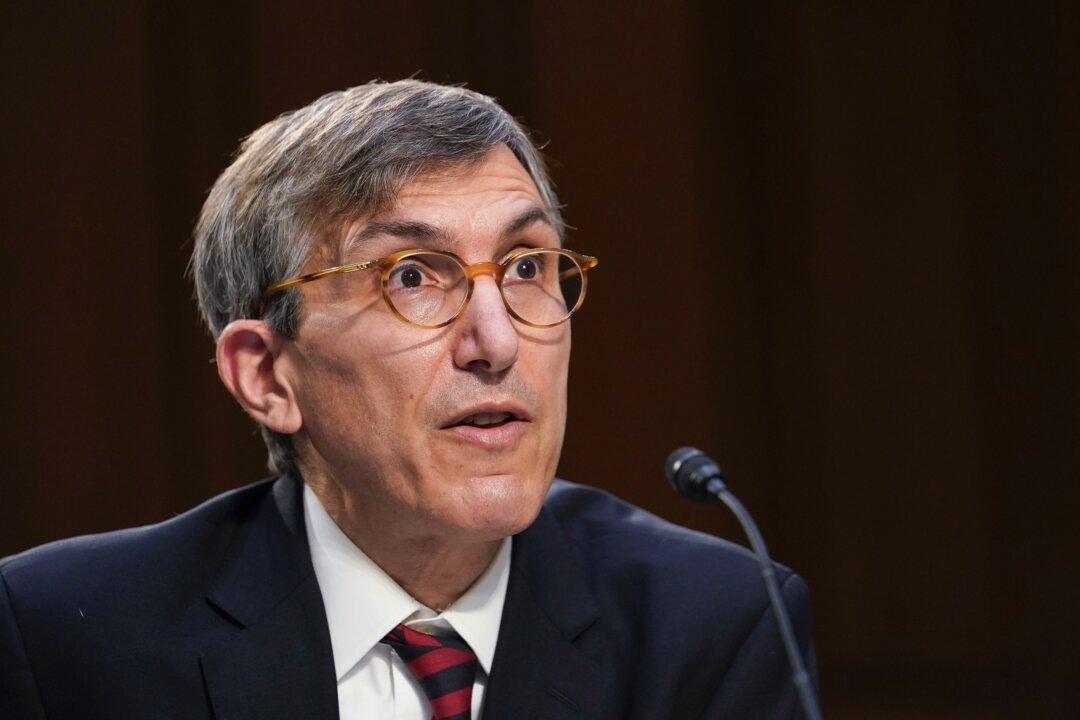The U.S. Food and Drug Administration (FDA) will not enforce an effectiveness standard when considering whether to authorize one or more COVID-19 vaccines for young children, a top member of Congress said.
Dr. Peter Marks, head of the Center for Biologics Evaluation and Research, said during a recent briefing that the FDA “would not withhold authorization for a pediatric vaccine solely because it did not reach a 50 percent efficacy threshold at blocking symptomatic infection—a requirement that had been previously listed in FDA guidance,” Rep. Jim Clyburn (D-S.C.), chairman of the House Select Subcommittee on the Coronavirus Crisis, said in a summary of the briefing released on May 9.





